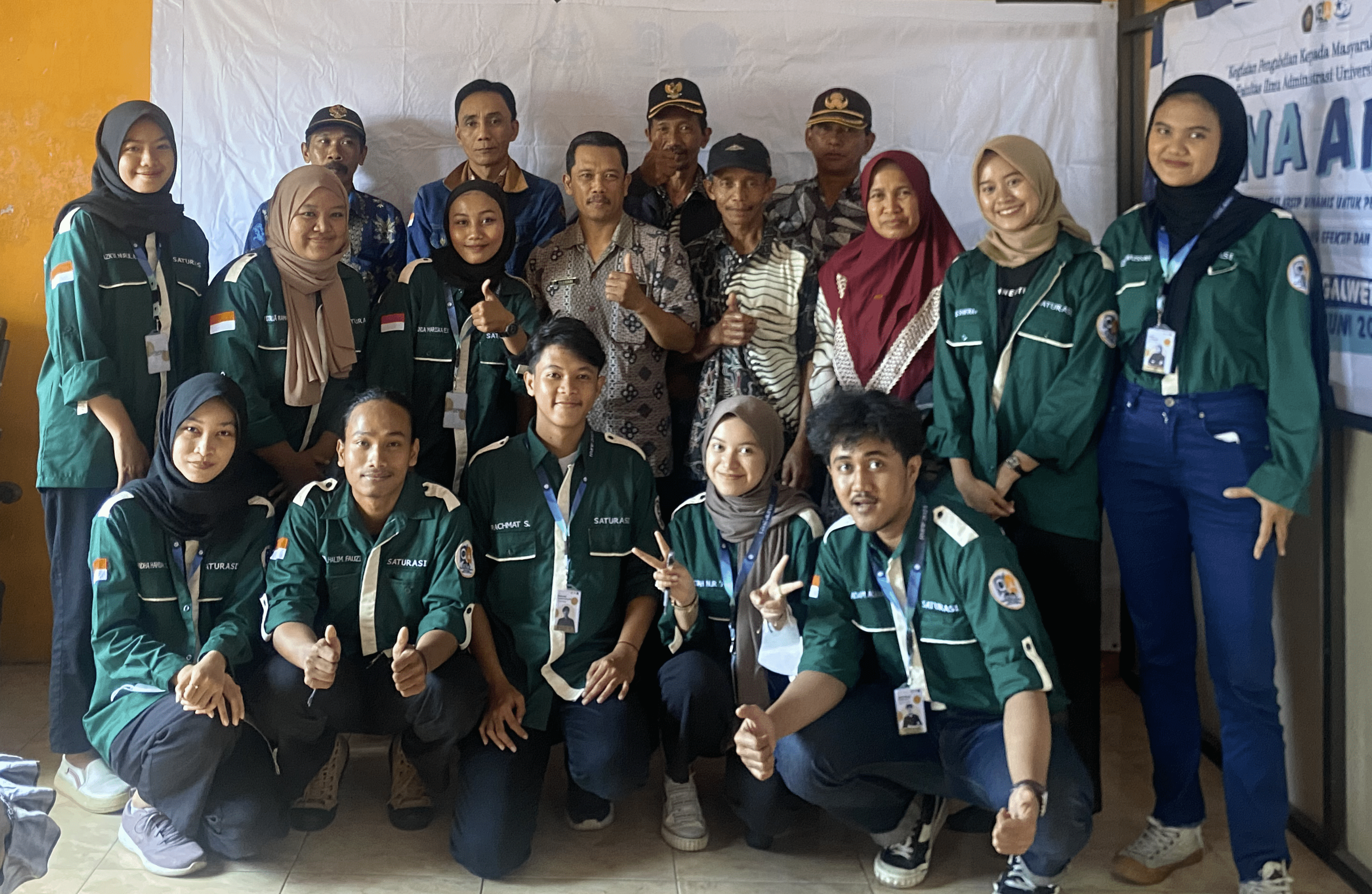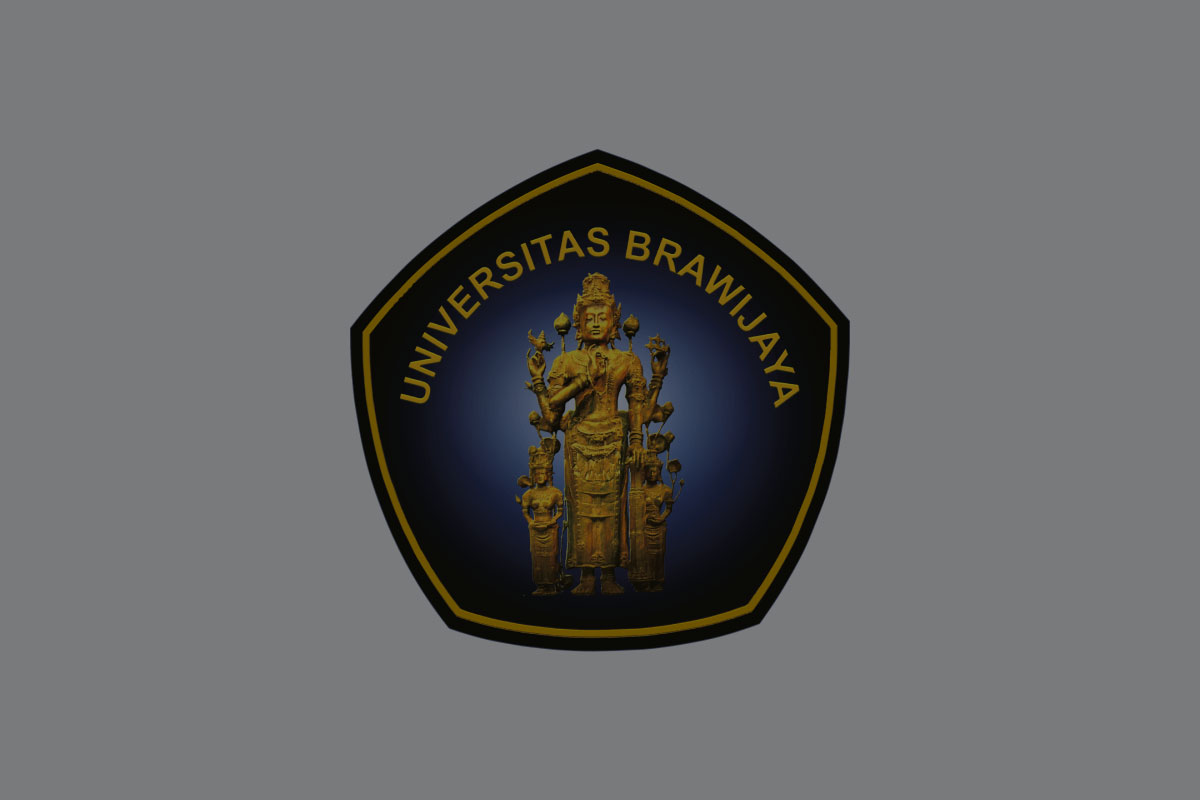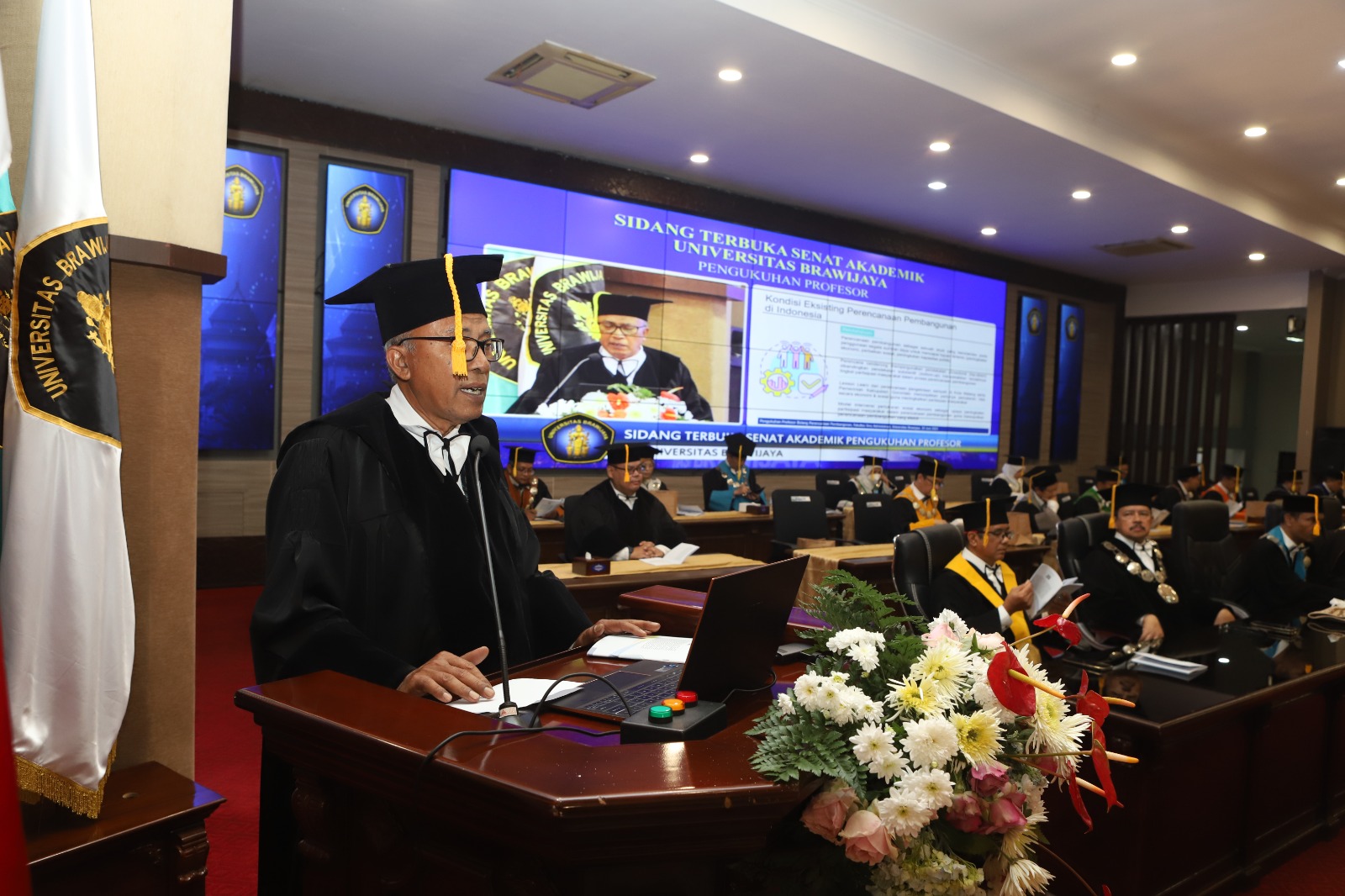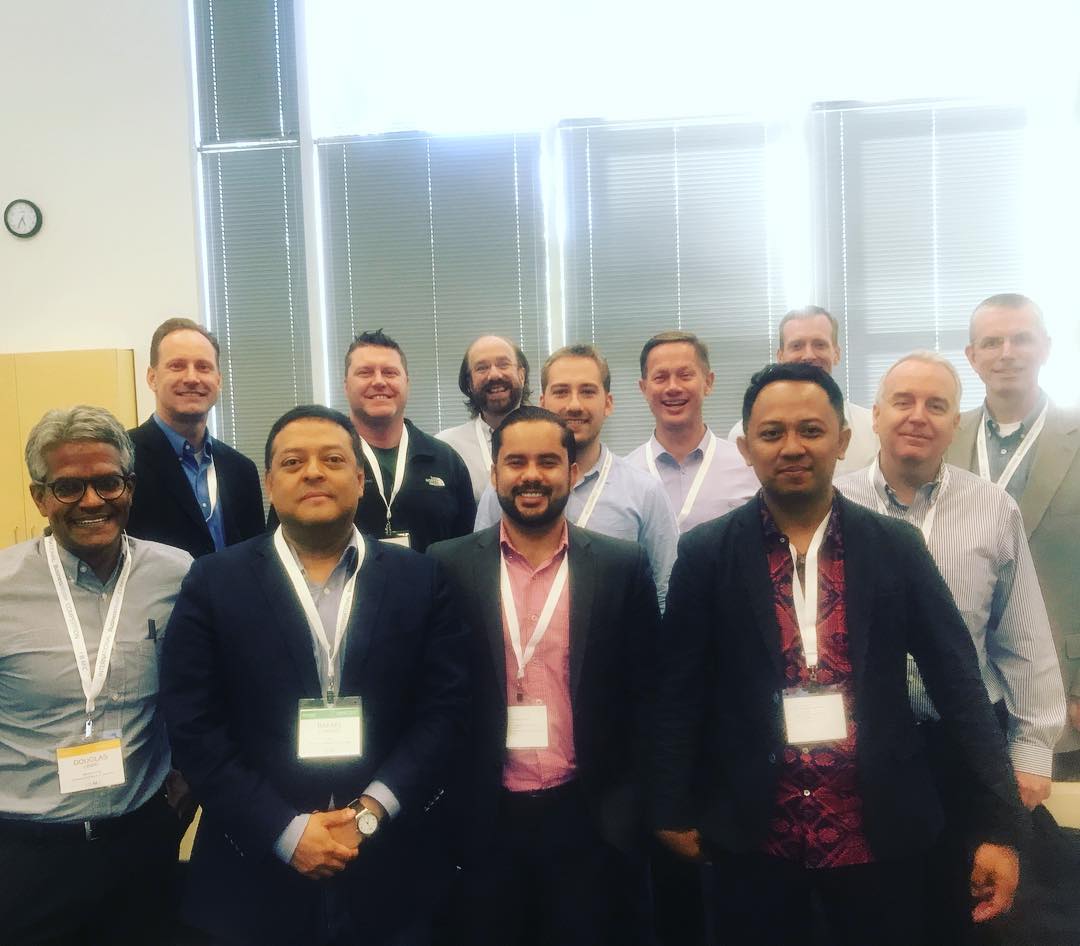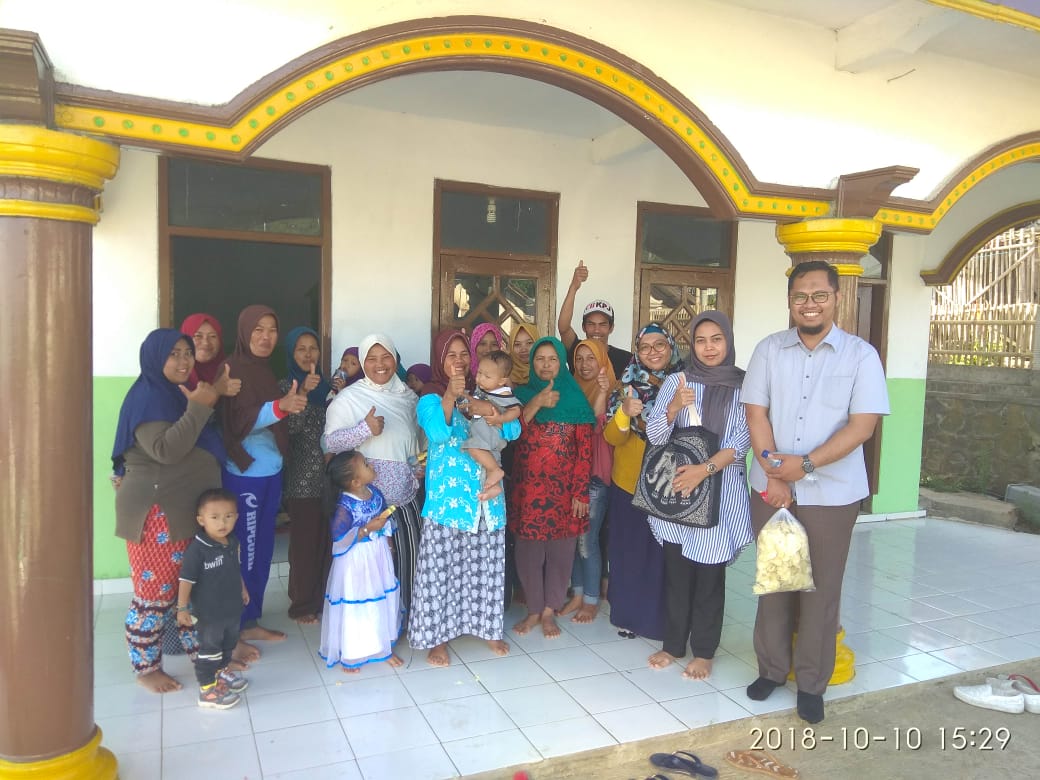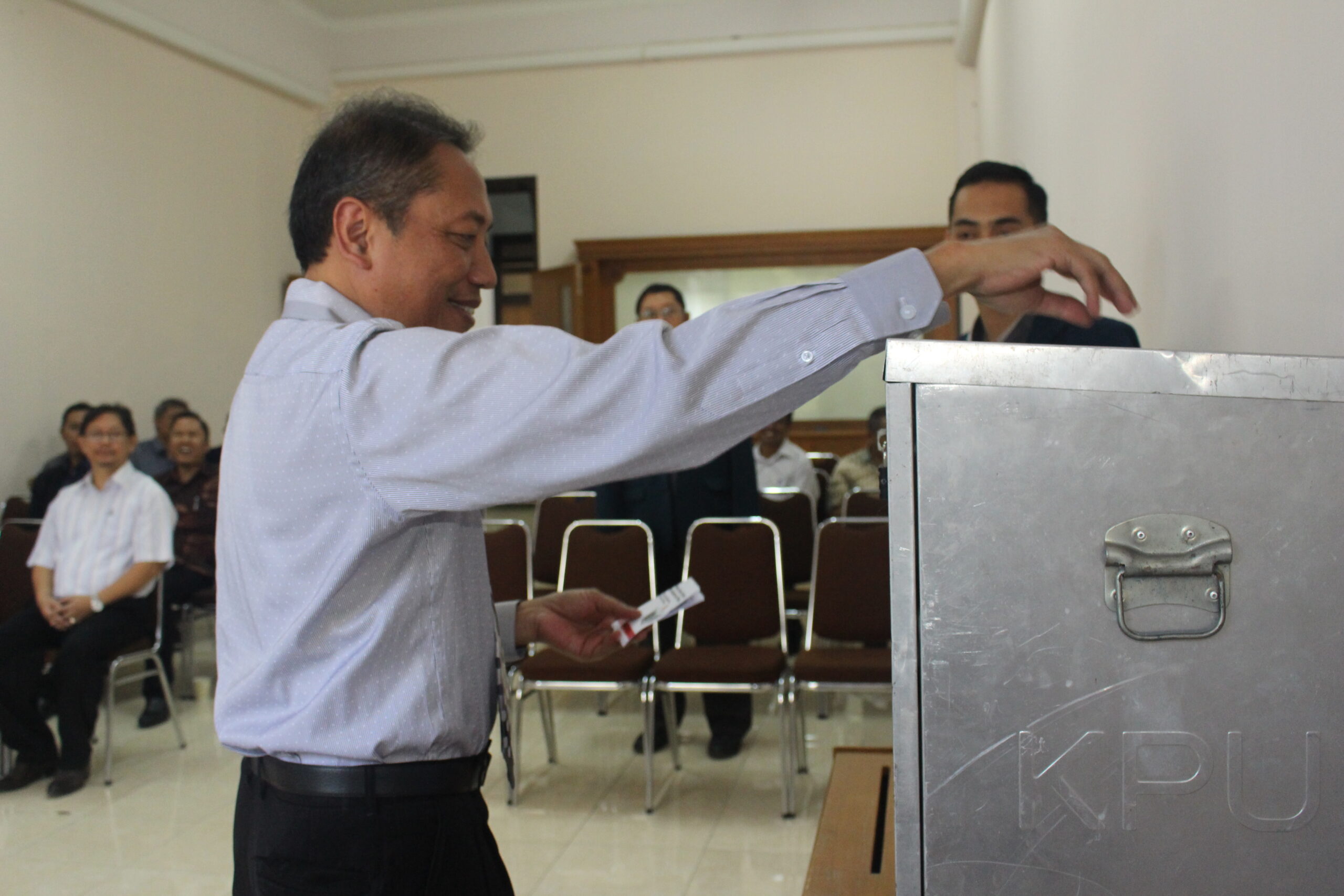In fact, public services must keep up with the times that are increasingly advanced. Explained by Prof. Dr. Bambang Supriyono, MS., as the Dean of the Faculty of Administrative Sciences (FIA) Universitas Brawijaya (UB) said one thing that needs to be underlined is the four pillars in the principle of public service, including helping, preparing, organizing and providing. In line with this statement, service ideology must also follow the current technological era.
"The renewal must mean progress in the era of technology and digitalization. The result is how the community will innovate in public services by involving electronics," explained Prof. Bambang in his remarks at the Attraction Seminar and National Panel Discussion - Public Service Innovation in Indonesia to Realize the 2030 Sustainable Development Goals (SDGs) which took place on Monday (29/10/2018) in the Hall of Building A lt.4 FIA UB.
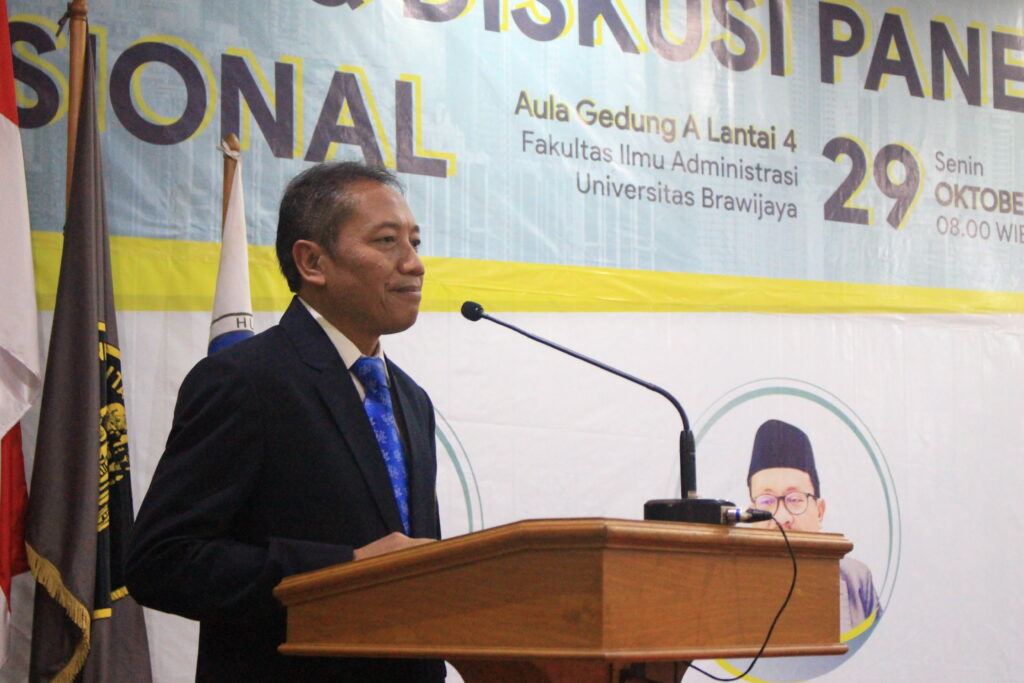
Seeing the conditions in Indonesia which has various kinds of cultural diversity, of course there are differences in innovation in each region. This means that innovations that are digital in nature can be adaptive in each region with different cultures.
"Every innovation is also considered whether it can be adaptive or not to their respective regions," he added.
The SDGs concept also means development which has 17 fields in it. The 17 objectives of the field include No poverty in any form in all corners of the world; End hunger, achieve food security, improve nutrition, and promote sustainable agricultural cultivation; Ensuring a healthy life and promoting welfare for all people at all ages; Ensuring equity in quality education and increasing learning opportunities for all; Achieve gender equality and empower mothers and women; Ensure access to affordable, reliable, sustainable and modern energy sources for everyone; Supporting sustainable economic development, productive employment and decent work for all; Building quality infrastructure, encouraging sustainable industrial improvement and encouraging innovation; Building quality infrastructure; Reducing inequality both within a country and between countries in the world; Build quality, safe and sustainable cities and settlements, ensure sustainable consumption and production patterns; Act quickly to combat climate change and its impacts; Preserving and maintaining the sustainability of the sea and marine life resources for sustainable development; Protect, restore and increase the sustainable use of terrestrial ecosystems, manage forests in a sustainable manner, reduce barren land and land swaps; Improving peace including society for sustainable development, providing access to justice for all people including institutions and being accountable for all groups; Strengthen implementation and revive the global partnership for sustainable development.
In the seminar, speakers were also present, including Prof. M. Mas'ud Said, MM., Ph.D as special staff of the Indonesian Minister of Social Affairs for the 2015-2018 period; Ir. I Gusti Ngurah Eddy Mulya, SE., M.Sc as Assistant Regional Secretary for the City of Denpasar, Bali; Yon Widiyono as Manager of Policy Coordination and Communication Function of Bank Indonesia Malang Representative Office.



